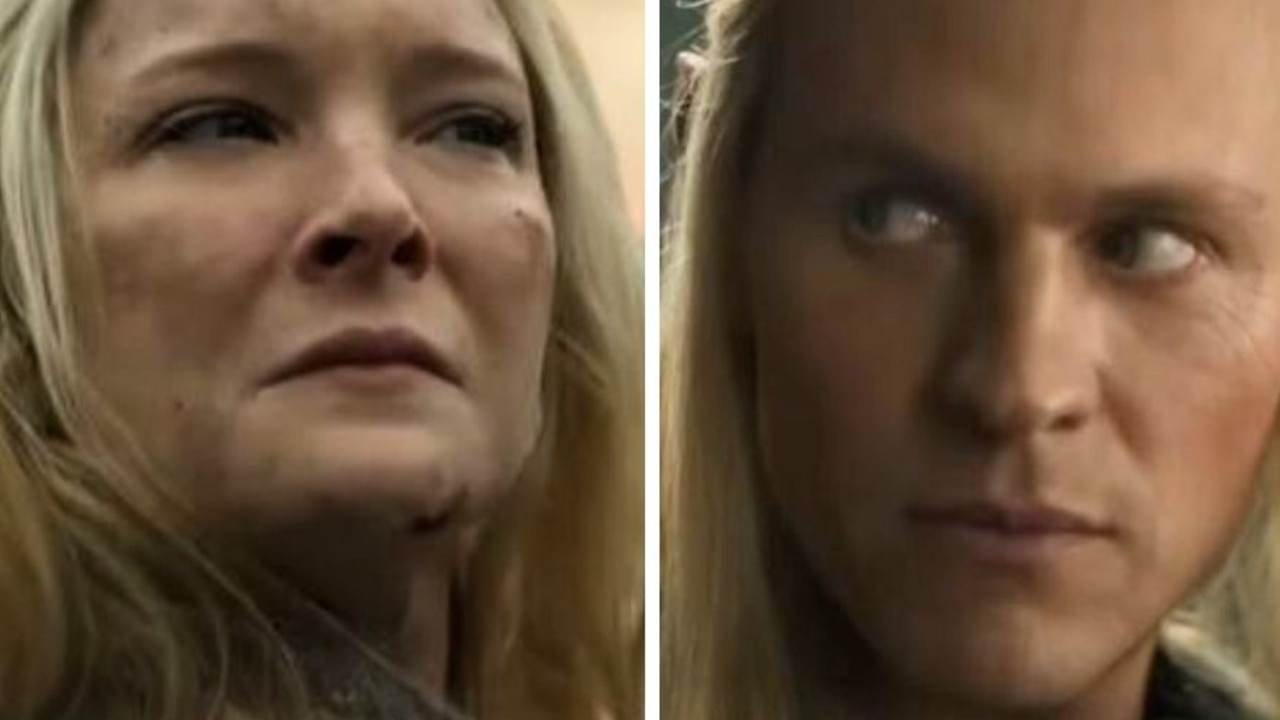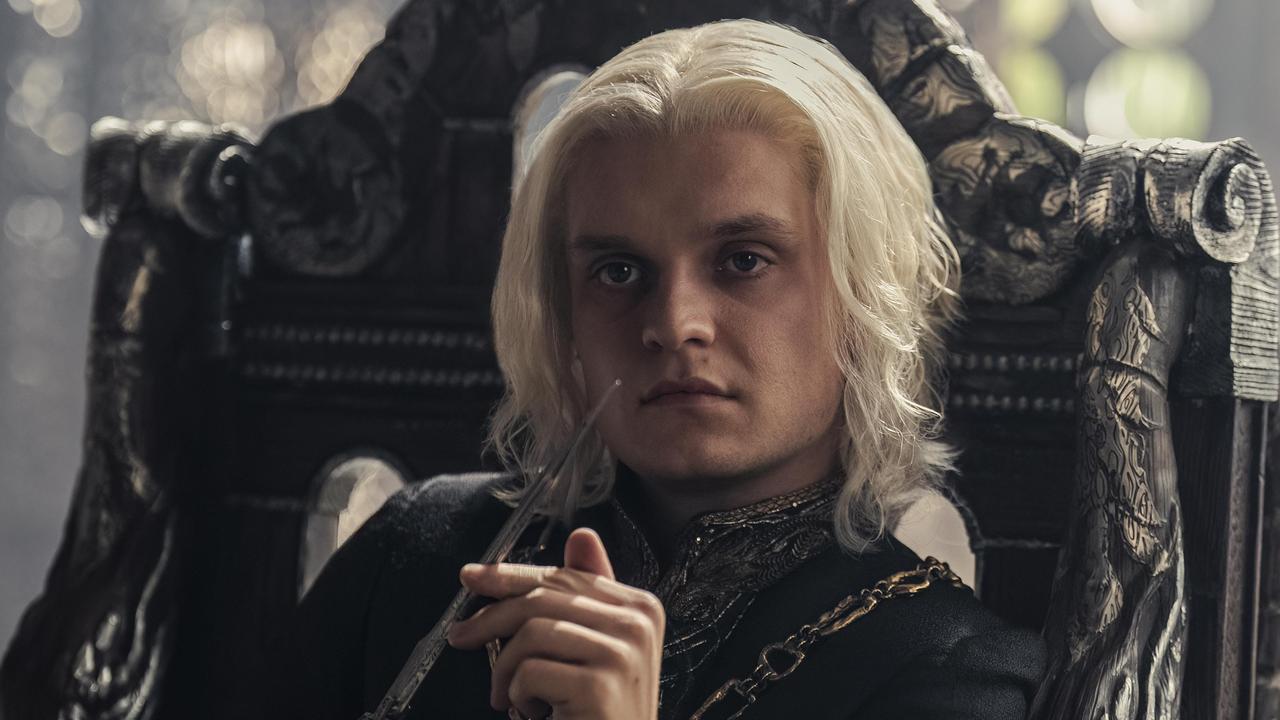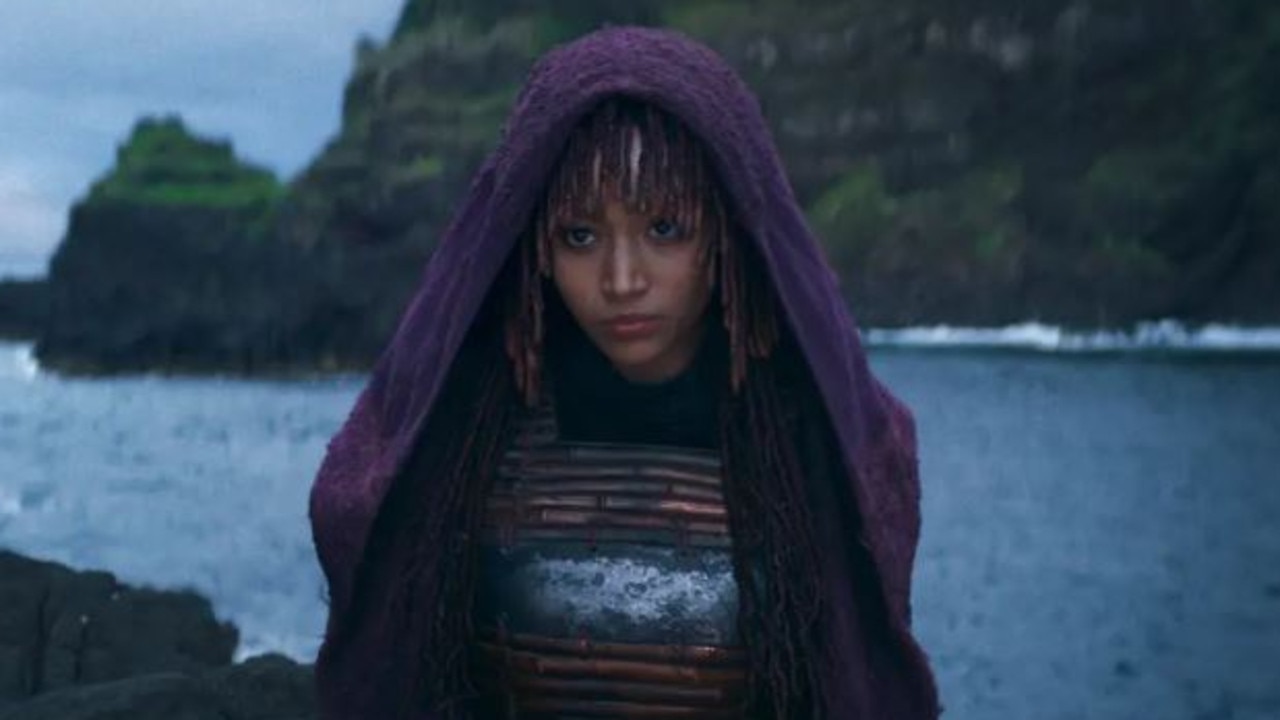The Boys: Destroying the superhero myth
Superheroes are awesome, right? Wrong. This new streaming TV show will destroy everything you’ve ever believed about our favourites.
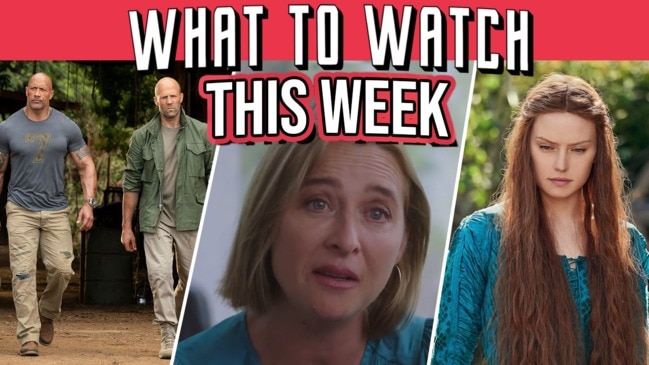
“You’re not the hero of this story.”
Spoken by a superhero to a young man with his thumb on a bomb remote, without any context, it’s pretty clear who the “hero” is supposed to be.
It’s the guy with the powers of invisibility and invincibility, a track record of defending the world and rescuing the helpless, right? Surely it’s not the guy who works as a salesman with a thirst for revenge?
And yet, what your assumptions are reversed?
What if the caped crusader is a peeping Tom with a penchant for lurking around bathrooms frequented by his female colleagues? What if the superhero is part of a corporation that tries to extort $300 million from besieged cities for protection?
What if behind the shiny veneer of stars, stripes and dazzling smiles are jacked-up supers whose main concern is how much of a cut they’re getting from the merchandise rights? Or how many approval points they’re up in the American mid-west among females between 18 and 39?
But, hey, apparently there’s a 23 per cent uptick in social media mentions and hashtag take-up when two heroes team-up to catch a bad guy. And you know what that means: Kaching.
Welcome to The Boys.
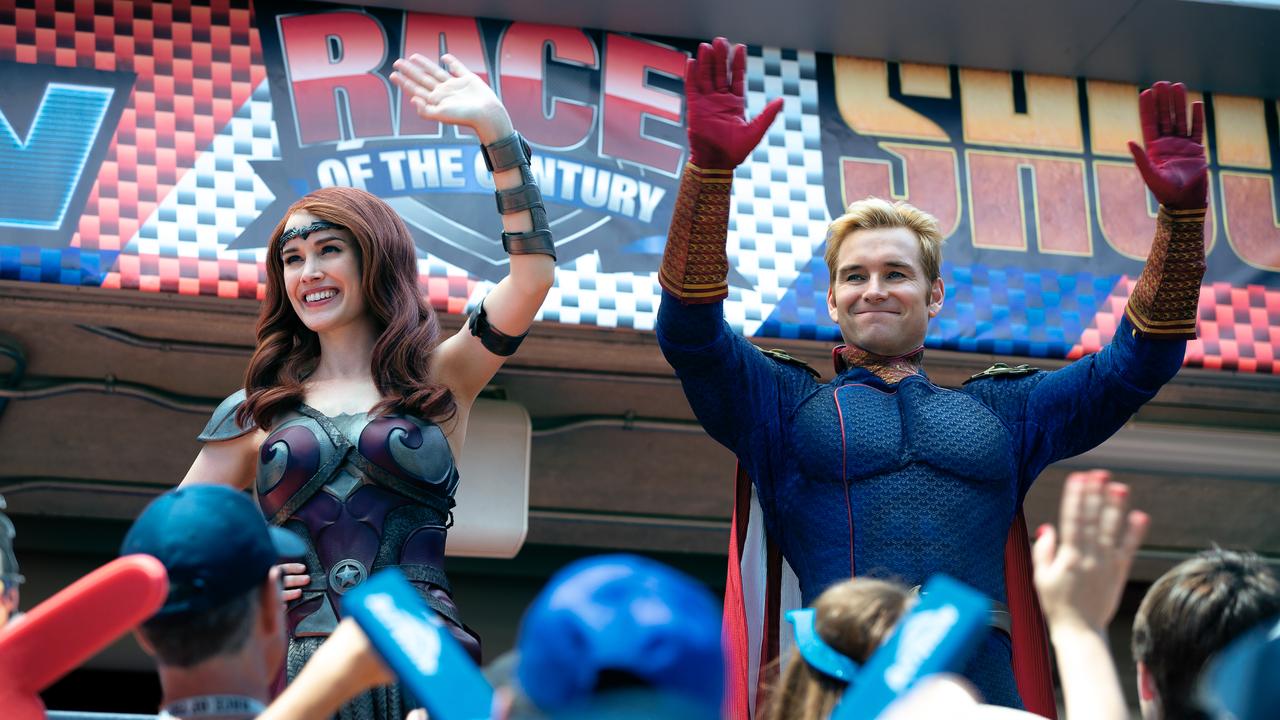
Amazon Prime Video’s new series dropped over the weekend and it’s a doozy — a whirlwind of irreverence, moral quandaries and graphic violence.
The Boys, adapted for the screen by Eric Kripke from comic books by Garth Ennis and Darrick Robertson, is an eight-episode anti-superhero series that has already been renewed for a second season.
It’s bold, intriguing and very watchable. One episode easily rolls into the next.
Hughie (Jack Quaid), the aforementioned salesman, witnesses the horrific death of his girlfriend when A-Train (Jessie Usher), a Flash-type speedster literally runs through her. The superhero’s corporate overlords work quickly to cover up the incident and shush up Hughie with a pay-off.
But he’s seething mad.
When he’s approached by Billy Butcher (Karl Urban), a Brit with a serious contempt for supers, to help with a take-down operation, Hughie finds himself immersed in a strange new world.
Inside the towering glass and steel high-rise of the superhero enterprise, run by a corporation called Vought, everything is geared towards capitalising on the image of The Seven, the core team of supers that includes A-Train, a Captain America/Superman-esque Homelander (Antony Starr), a Wonder Woman-type Queen Maeve (Dominique McElligot) and The Deep (Chace Crawford), an Aquaman copy.
Adding to the mix is new recruit Starlight (Erin Moriarty), a sincere and well-intentioned superhero not yet jaded by the corporate malfeasance and greed that’s corrupted the others.
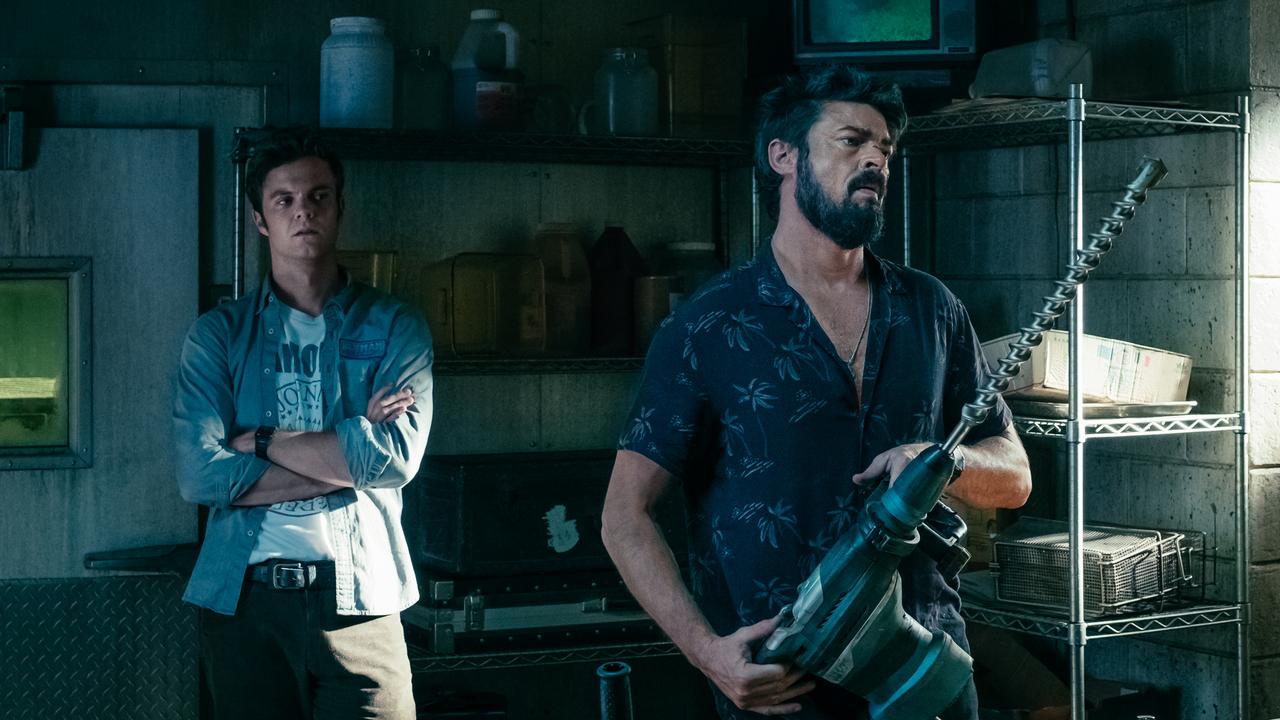
What The Boys is fantastic at really dissecting our pop culture superhero obsession. While superheroes in the show is real, much of the ancillary stuff around them mirrors our own reality.
It’s just that our superheroes don’t leap off the screen. In The Boys, built around the superheroes are movies, theme parks, copious merchandising, scripted appearances and lots of number crunching. Exactly the kinds of thing you imagine are happening at Marvel and DC.
In the Vought headquarters, there is a wall sculpture featuring The Seven, carved in stone, standing in heroic poses as a team — and it looks almost identical to the one that accompanies the end credits of the first Avengers movie. That similarity is no coincidence.
In The Boys, the public’s full-throated embrace of supers speaks to our primal need to feel safe and to believe in something better than ourselves.
The Boys destroys that faith. It declares that under the surface, there’s a rot. But it’s not entirely existential, because the vigilantes, and Starlight offer a glimmer of hope.
So maybe there is something super after all.
The Boys season one is streaming now on Amazon Prime Video
Share your TV and movies obsessions | @wenleima


